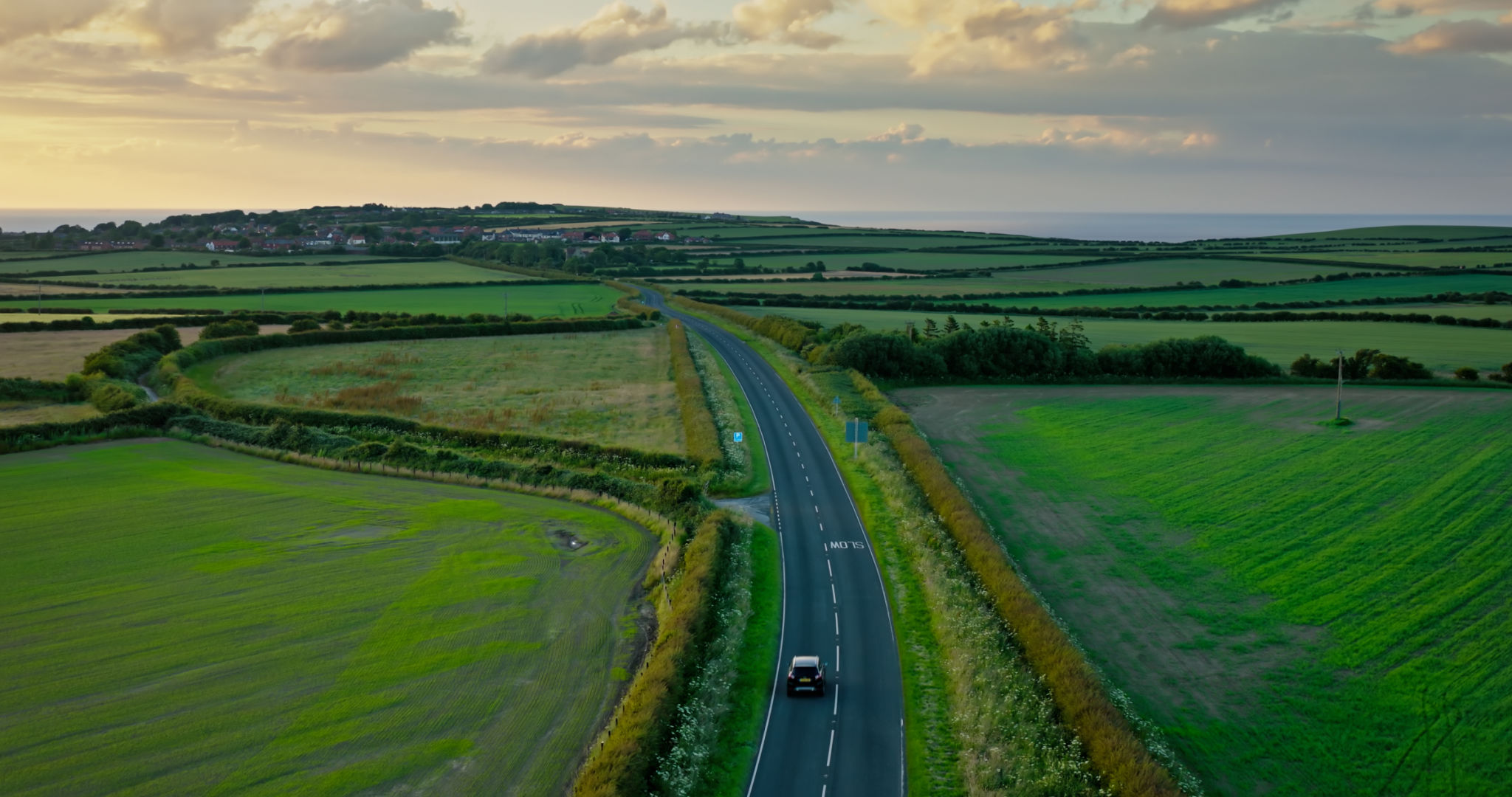Innovations in Hemp Farming: The Future of CBD Production
Revolutionizing Hemp Farming for CBD Production
The hemp industry is experiencing a remarkable transformation, driven by new technologies and innovative farming techniques. As the demand for CBD products continues to rise, farmers are seeking more efficient and sustainable methods to cultivate hemp. This shift not only promises to meet consumer demands but also paves the way for a more eco-friendly agricultural practice.

Precision Agriculture: A Technological Leap
Precision agriculture is at the forefront of hemp farming innovations. By utilizing advanced technologies such as GPS, drones, and IoT sensors, farmers can monitor and manage their crops with unparalleled accuracy. These tools help in identifying the optimal planting conditions and detecting pests and diseases early, ensuring higher yields and better-quality hemp plants.
Moreover, precision agriculture reduces waste and minimizes environmental impacts. By efficiently using water and nutrients, farmers can lower their carbon footprint while maintaining the soil's health. This sustainable approach not only benefits the environment but also enhances the profitability of hemp farming.

Genetic Improvements: Crafting the Perfect Hemp Strain
Another notable innovation in hemp farming is the genetic improvement of hemp strains. Through selective breeding and genetic engineering, scientists are developing hemp varieties with specific traits tailored for CBD production. These enhanced strains boast higher CBD content, increased resistance to pests and diseases, and adaptability to various climatic conditions.
This advancement allows farmers to produce more consistent and potent CBD extracts, meeting the stringent quality standards set by consumers and regulators alike. As research progresses, we can expect even more refined strains that optimize both yield and quality.

Sustainability Practices: A Greener Future
As sustainability becomes a priority across industries, hemp farming is no exception. Farmers are adopting eco-friendly practices such as crop rotation, organic fertilizers, and natural pest control. These methods not only enhance soil fertility but also promote biodiversity, contributing to a more balanced ecosystem.
Furthermore, the use of renewable energy sources like solar panels to power farming equipment is gaining traction. By reducing reliance on fossil fuels, hemp farmers are leading the charge towards a greener and more sustainable agricultural model.
The Role of Automation in Hemp Farming
Automation is another game-changer in the realm of hemp farming. From automated planting and harvesting to robotic weed control, technology is streamlining labor-intensive processes. This efficiency allows farmers to focus on optimizing crop quality and exploring new business opportunities.

Automation also addresses labor shortages, a common challenge in agriculture. By reducing dependency on manual labor, farmers can maintain productivity levels even during peak seasons.
Looking Ahead: The Future of CBD Production
With these innovations in place, the future of CBD production looks promising. As technology continues to evolve, we can anticipate even more groundbreaking solutions that will further enhance hemp farming efficiency and sustainability.
The synergy between technological advancements and sustainable practices ensures that hemp farming remains a viable and environmentally responsible industry. As consumers continue to seek high-quality CBD products, these innovations will play a crucial role in meeting global demand while safeguarding our planet's resources.